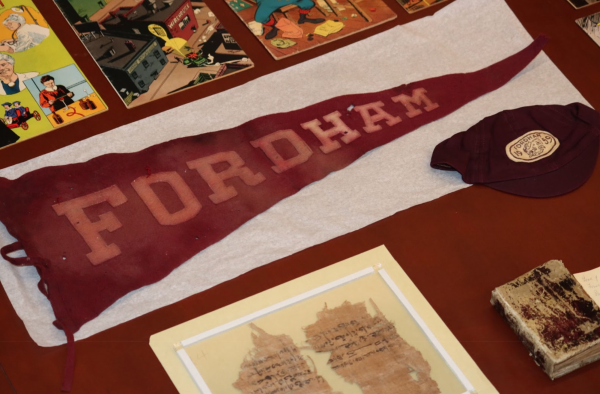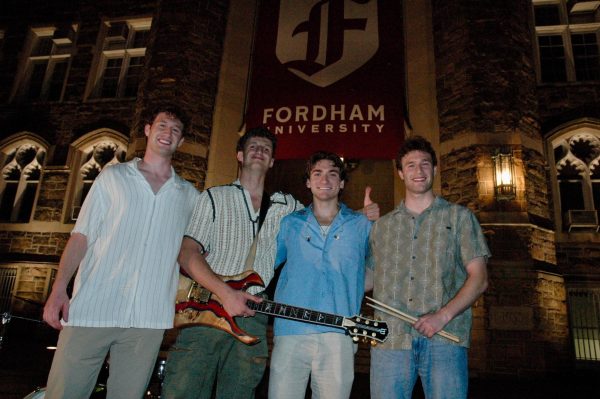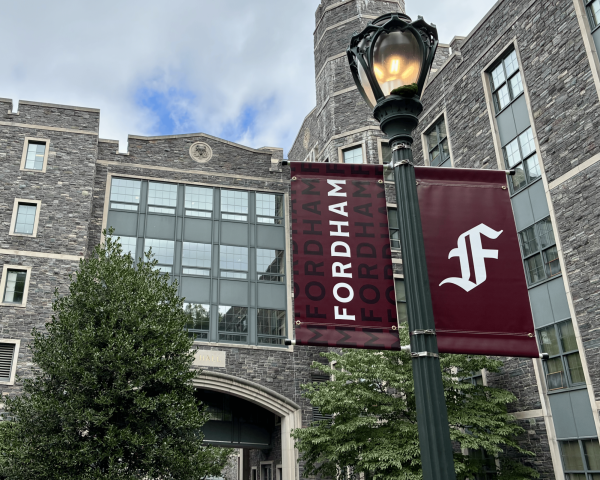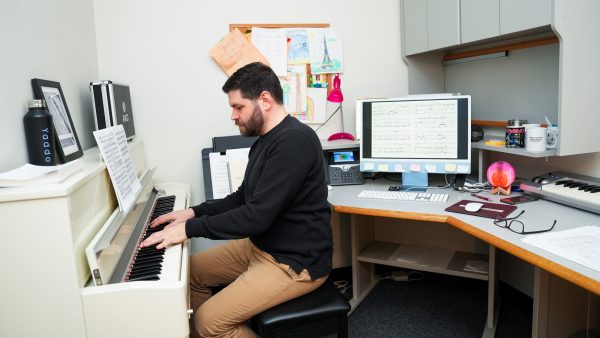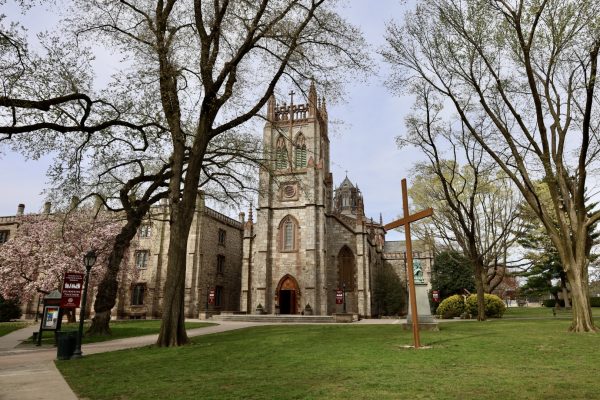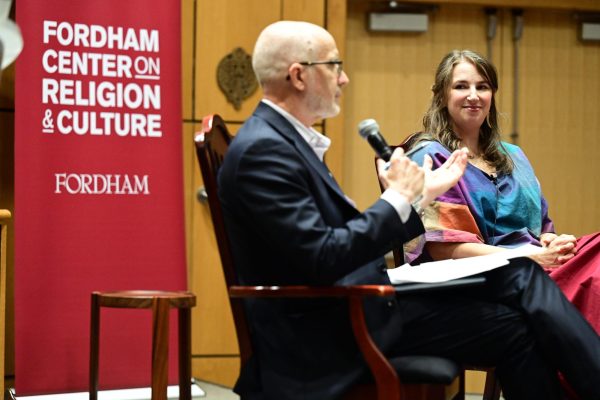USG Faces Backlash Amid Club Budget Changes
In their first email of the spring semester, the Outdoors Club — known for their regular rock climbing events — wrote to members: “due to reasons out of our control, our funding has been severely diminished.” The email cited these budget cuts as the reason for why they will no longer be able to do events of their “usual caliber.” (Courtesy of Instagram)
In their first email of the spring semester, the Outdoors Club — known for their regular rock climbing events — wrote to members: “due to reasons out of our control, our funding has been severely diminished.” The email cited these budget cuts as the reason for why they will no longer be able to do events of their “usual caliber.”
Funding and budgeting tends to be a sensitive topic at Fordham. These budget cuts are one of the money-saving measures the school has taken in the past couple of years. Last May, they increased tuition by 4% in response to funds lost during the COVID-19 pandemic.
Outdoors Club, run by Emma Reynolds, FCRH ’23, is “not a block funded organization, meaning all of [the] events are budgeted for and must be reviewed and individually accepted or denied for funding.” To combat this financial loss, they have begun to collect membership dues. Though the $10 payment is optional, those who commit will become an “official member” and receive “priority signups.” The money will be used to support their regular programming.
“We in no way intended to limit funding to any club,” said the United Student Government Vice President of Finance, Eron Maltzman, GSB ’25. “With that said, this past semester, we received the largest amount of requests we have ever seen. We capped each club at a $5,000 funding limit.”
The USG Budgeting Committee that Maltzman heads is responsible for allocating money to student clubs and organizations.
Fordham has over 130 student organizations, with USG receiving new requests every week. Some clubs fall defunct per semester, but there is an overall net increase in organizations requesting funds.
For some clubs, like the Fordham Historical Society, this was not a dramatic change.
“Our club is able to operate on small expenses,” said Treasurer Joseph Ryan, FCRH ’24. “We switched to some alternatives that allowed us to keep the same number of events which were a bit cheaper and still provide a cool experience for our members.”
For others like the Outdoors Club, however, this was disastrous for the club’s structure.
“We received no notice about the changes. Our budget was completely denied except for one of our requests,” said Reynolds. “We average around $20,000 a semester for our budget, and we received $5,000 this semester. As you can imagine, this has been somewhat devastating for our club function.”
Clubs at the university are classified by being either “block-funded” or “non-block-funded.” A block-funded club is a club that applies for a “predetermined lump sum allocation on Budget Day.” However, if a club chooses to become block-funded (and if they qualify, to which there is a lengthy criteria), they cannot request additional funding throughout the year. This prevents many clubs — whose budgets operate based on their fluctuating membership and participation base — from becoming block-funded, and, therefore, vulnerable to getting the financial axe.
“While $5,000 sounds like a lot,” said Reynolds, “our passes for indoor climbing alone cost upwards of $6,000.”
Reynolds also emphasized the importance of keeping these events accessible.
“Our mission is making the outdoors financially accessible to students. I want to help Fordham students have access to an industry and environment that can be extremely cost prohibitive.”
While tuition has increased, many students perceive that club budgeting has remained the same. “A $135 fee is included in every student’s tuition and the sum of all of these fees is where the Budget Committee’s funding comes from,” said Maltzman. The number has been the same since 2013, even though he said that “the cost of a club’s event 5 years ago is almost half of the price the same event costs now.”
This year, USG has received more requests for funding than ever before, according to Maltzman. Additionally, the costs of club activities and supplies continue to rise as membership spikes across the board.
Only 30% of the sum of student activities fees is allotted for the Office of Student Involvement, and most of it is permanently allotted to Campus Activities Board (CAB).
“We understand that students are upset and rightfully so,” said Maltzman. “President Vidal and I assure students that we are working toward a solution to increase the student activities fee and ensure that this does not become a recurring issue.”
It is uncertain whether an increase of the student activities fee would involve money moved between departments or an overall increase in tuition costs.
Moving forward, clubs will have to adapt their programming to the universal $5,000 budget, though USG encourages club leaders to continue to submit budget appeals in an attempt to get more funding.

Samantha “Sam” Minear is a senior from Long Branch, N. J., majoring in international studies and communications. She started as a contributing writer...






































































































































































































